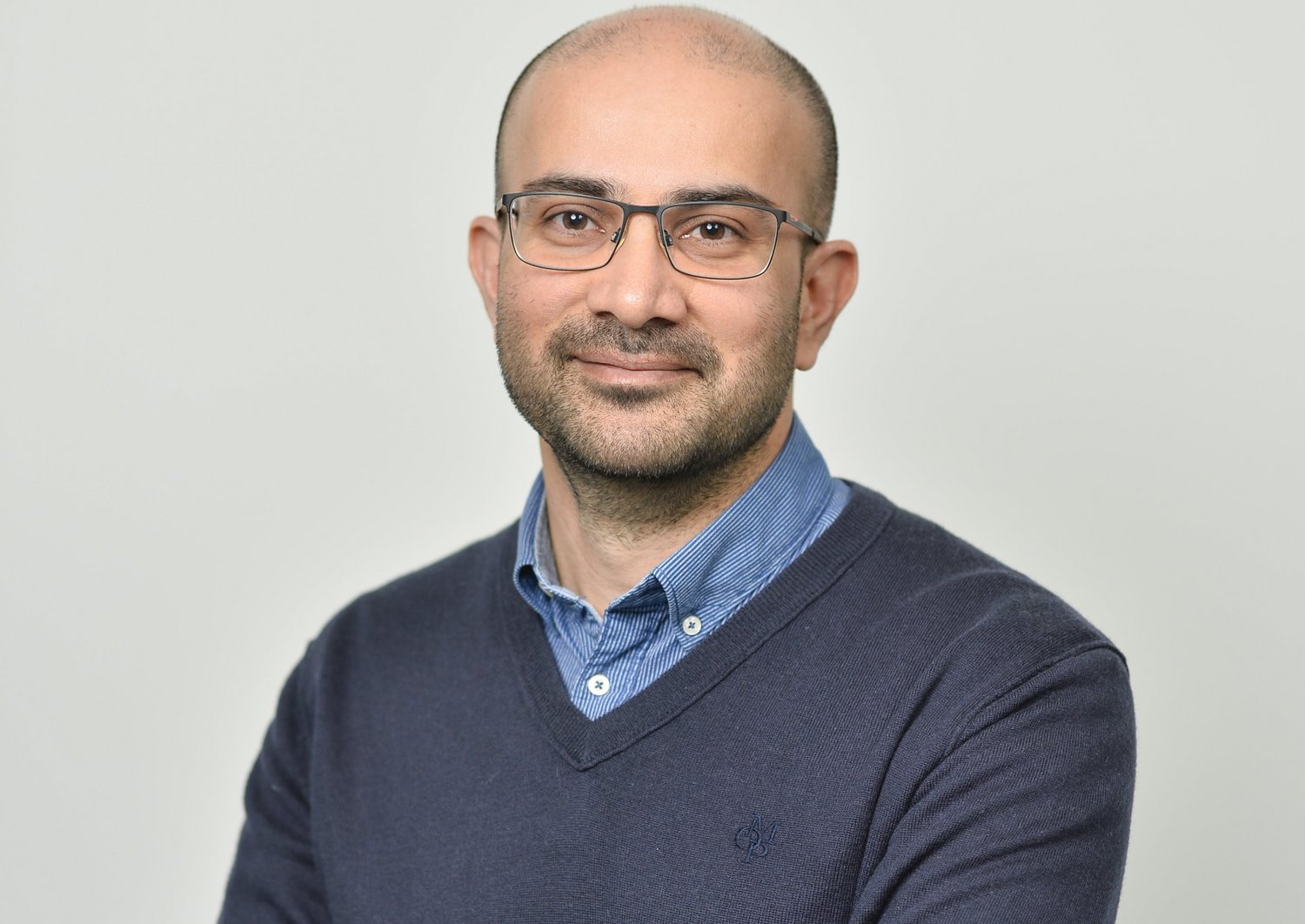The top research center Silicon Austria Labs (SAL), based in Villach, Graz and Linz, is represented at the "MEMS World Summit" with a presentation by Mohssen Moridi. Moridi is a specialist for microsystems and head of the research unit "Microsystem Technologies" at SAL in Villach. At the "MEMS World Summit", a meeting of leaders on September 7 and 8 in Munich, he will speak about new trends in the field of microelectromechanical systems (MEMS).
Moridi will share the stage with research leaders from global technology companies such as Huawei, Google and Infineon Technologies, because MEMS are the technical basis for modern electronics and the so-called "Internet of Things" (IoT). As components of microchips, they combine sensors and actuators; the areas of application range from Industry 4.0 and the automotive industry to medical devices for patient monitoring.
Trends in piezoelectric microsystems
Moridi is particularly concerned with the use of piezoelectric materials for MEMS production, which, when elastically deformed, build up an electrical voltage and deform inversely when subjected to electrical stress (piezoelectric effect). They are characterized by lower energy consumption than electrostatic, -thermal or -magnetic microsystems. "Piezoelectric microsystems are the future, the market for them is growing very fast! At SAL in Villach, we are therefore very intensively involved in particular with manufacturing possibilities for such devices," said Moridi. "It is an honor and great pleasure for me to speak at the MEMS World Summit about current trends and innovations in this field."
Development of new thin-film PZT processes in cooperation with Evatec
At SAL in Villach, piezoelectric MEMS are manufactured from the mixed oxide PZT - the abbreviation stands for lead (Pb), zirconium (Zr) and titanium. The CLUSTERLINE® 200 thin-film system from Swiss company Evatec, which is particularly suitable for processing 200-millimeter wafers, has recently been installed for this purpose.
"The acquisition of this new deposition system enhances our ability to support our industrial customers with a whole new range of thin film processes on a system that matches their own production shops," Moridi said of SAL's latest addition in Villach. "We look forward to completing the installation of the equipment with Evatec Europe engineers and expect to deposit the first layers in our new PZT module in the fourth quarter of 2021."
About Mohssen Moridi
Mohssen Moridi has more than 20 years of experience in MEMS manufacturing. He earned his master's degree and subsequent doctorate in microtechnology from École Poly-technique Fédérale de Lausanne (EPFL). He then held several research positions in Switzerland. From 2016, he headed the microsystems research unit at Carinthian Tech Research AG (CTR), which merged into Silicon Austria Labs (SAL) in 2019. As head of the research unit "Microsystem Technologies" at SAL in Villach, he works together with his team of more than 30 researchers on piezoelectric and photonic MEMS for new applications.





